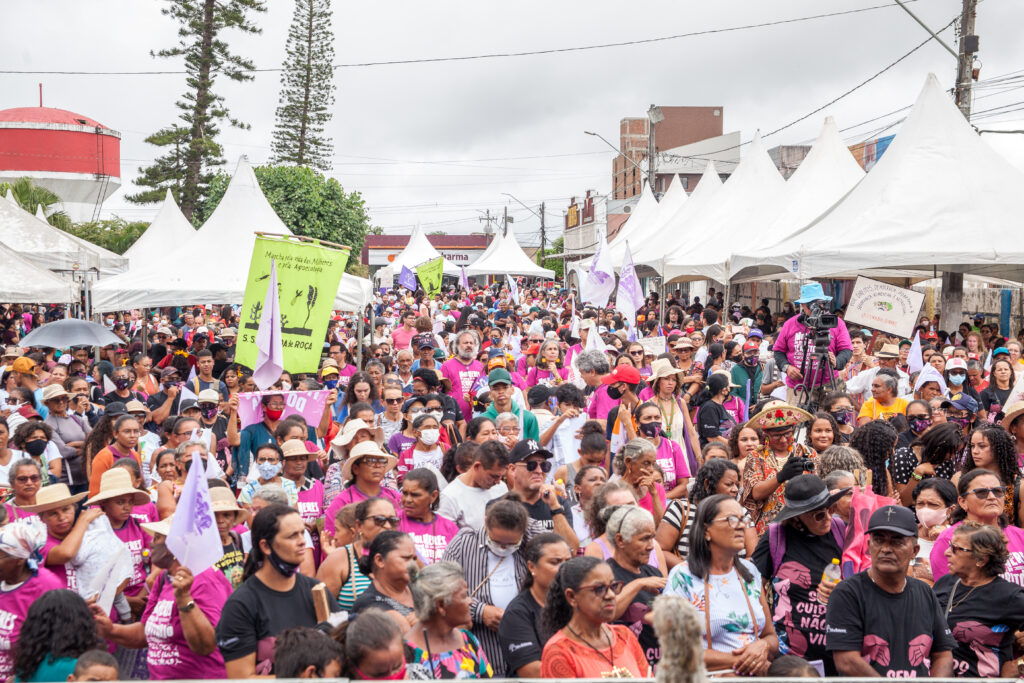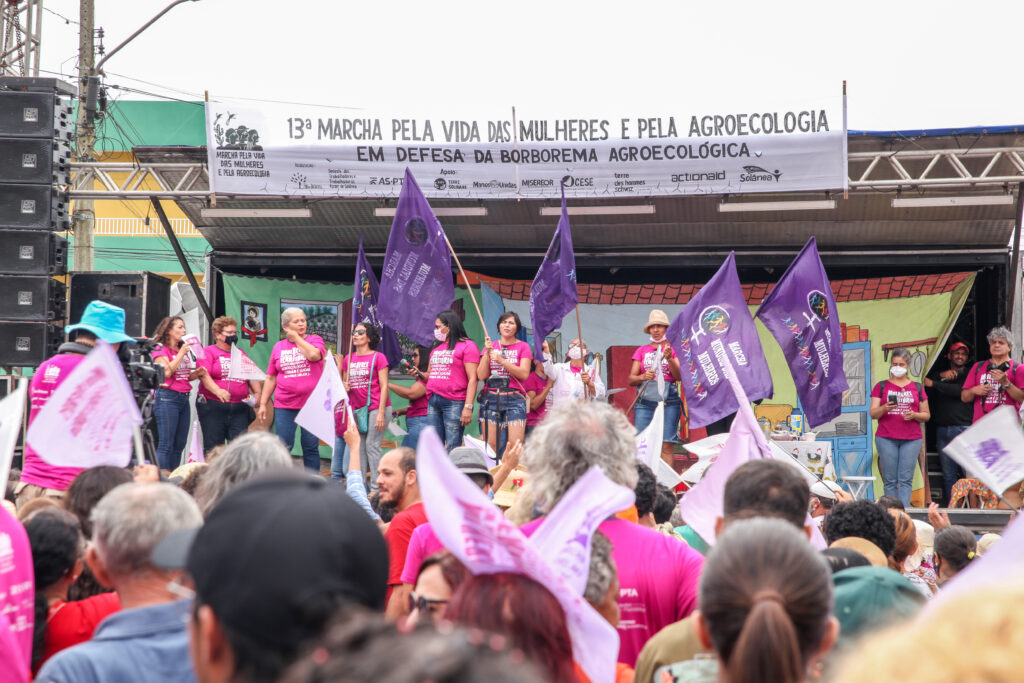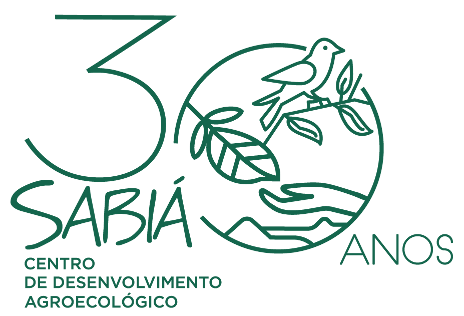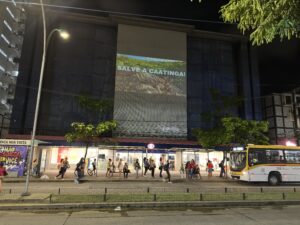Women in defense of Borborema Agroecológica
By Adriana Galvão Freire
Member of the AS-PTA Collegiate Coordination in Paraíba

It was 2018 when an AS-PTA advisor returned to the office to find an anemometer in the center of the Borborema agroecological territory in Paraíba. This was the warning signal received by the Borborema Pole, a grouping of 13 rural workers’ unions advised by AS-PTA. The arrival of wind and photovoltaic energy generating complexes is probably the biggest threat to the development project based on strengthening agro-ecological family farming, which has been woven by the Hub over its almost 30 years of existence.
The installation of energy production complexes requires a vast amount of land, in a clear dispute and appropriation of territory. Behind the narrative of “progress”, “sustainable development” and “income generation”, foreign companies seize and commodify common goods, causing irreparable damage to the environment, accentuating the climate crisis; to the physical and mental health of local people; to the social fabric and community organization; to the continuity of agriculture and livestock farming as a way of life; and to the work, health, lives and bodies of women and girl farmers. The abusive contracts with companies and those made under secrecy clauses jeopardize the future of agriculture and food production in the region.

The women’s movement of the Borborema Pole has taken upon itself the struggle for the right to exist and remain in the lands where they were raised, produced and built resilience. Through the March for Women’s Lives and Agroecology, the Polo’s network of women farmers has denounced the social and economic damage caused by these enterprises in the last editions – 2022 and 2023, and this year 2024.
During the marches, around 5,000 peasant women occupy the streets of the small towns that make up the Pole (Solânea, Montadas and Areial), together blowing their slogans in defense of their place, their life project.
In a year in which we are experiencing temperature peaks and intense rainfall, the energy transition has been presented in the media as a clean and modern alternative to mitigate climate effects, without addressing the high social cost of these generators.
In the countryside and on the streets, peasant women are calling for the preservation of nature, for food production lands, for the recognition and valorization of their social experiences, in the relationship between nature and culture, as a legitimate development project for the territory, which respects and protects the interactions of the various forms of life.
Nothing found.




